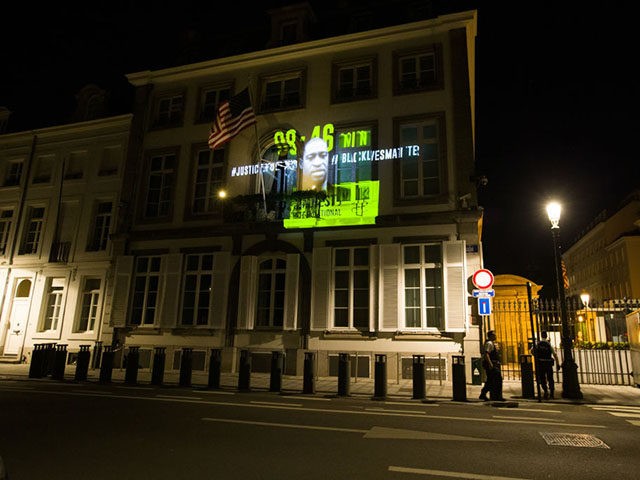Two current and six former staffers from AIUK, the United Kingdom branch of Amnesty International, issued a statement Tuesday complaining senior management “knowingly upheld racism and actively harmed staff from ethnic minority backgrounds.”
“There’s a hegemonic white middle-class culture that seemed to be protected and reproduced. White privilege was pervasive,” said one of the complainants, Katherine Odukoya, as reported by the UK Guardian.
“Working for AIUK destroyed my self-confidence, my belief in my capabilities. I didn’t think I was skilled enough to do my job, that any organization would ever hire me, let alone promote me, and I suffered from ongoing depression and anxiety,” said another, Kieran Aldred.
The statement called upon senior management and the board of directors for AIUK to resign. One of those officials, AIUK Director Kate Allen, said the allegations were being investigated.
“We know that institutional racism exists in the UK and, like any other organization, we aren’t immune to this very real problem,” Allen said. “We recognize that we have not done enough to ensure that our organization is a truly inclusive one where everyone receives the same level of respect and opportunity, is valued equally and is able to be heard.”
The Guardian based its coverage around an internal Amnesty International report from October 2020, “commissioned following the Black Lives Matter movement” and published “but not press released,” that found a “culture of white privilege” at many branches of the organization, not just the United Kingdom.
The report found such offenses as “senior staff using the N-word and P-word, with colleagues labelled over-sensitive if they complained” and “systemic bias including the capability of black staff being questioned consistently and without justification, and minority ethnic staff feeling disempowered and sidelined on projects.”
Before that, AI sent an email to staff in June about Black Lives Matter and the killing of George Floyd. The email stated that racism was coded into the “very organizational model” of Amnesty International because it was shaped by “colonial power dynamics and borders” when it was founded in 1961.
“In February 2019, it was revealed that Amnesty International had a ‘toxic’ working environment. A review into workplace culture, commissioned after two staff members killed themselves in 2018, found widespread bullying,” the Guardian added.
The executive director of Amnesty International Canada (English-Speaking), Jayne Stoyles, either resigned or was fired last week after allegations of “systemic racism.” Sources within AI disagreed about whether her departure was voluntary.
According to Vice News, the English-Speaking Canadian office of AI was beset by complaints similar to those made against the UK office, with “young, BIPOC employees advocating for cultural change frustrated by both the pace at which it’s happening and perceived resistance from some longstanding, older white employees.”
This was quite a bit of drama for a national branch office that only “employs around 40 or 50 people” in total, spread between three offices in Ottawa, Toronto, and Vancouver. Vice News could find no former employee who recalled having a positive work experience at AI Canada.
One of the former employees was outraged when a fundraising director named Rosemary Oliver asked her, “Do you think people of color can be racist against white people?” A complaint against Oliver was filed with the human resources department. Oliver told Vice News she has learned more about “oppression and racism” in the ensuing 18 months and would never have such a conversation with an employee of color today.
The BIPOC employees were also unhappy with AI Canada for failing to properly recognize Black History Month, aside from a webinar about Black Lives Matter that was “led by a white woman.” Departing director Stoyles apologized for the webinar as “highly inappropriate” and mourned the “lost opportunity” of Black History Month.

COMMENTS
Please let us know if you're having issues with commenting.